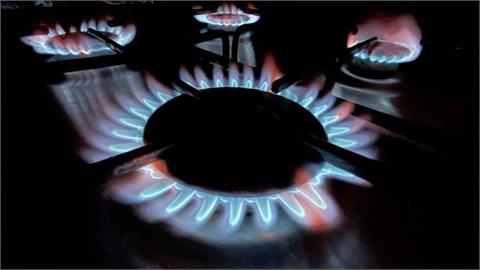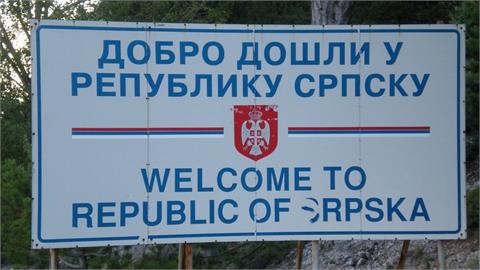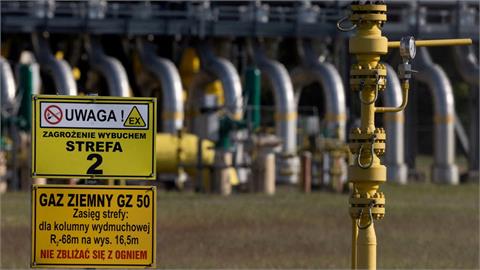A group of 46 non-governmental organisations (NGOs) from 18 countries has written to Ursula von der Leyen, president of the European Commission, calling for the inclusion of nuclear energy in the EU taxonomy for sustainable investments. The exclusion of nuclear, they say, would promote a strategy that is "clearly inadequate" to decarbonise the region's economy.
The letter, dated 27 March, notes that despite scientific assessments showing that nuclear is needed to address climate change, it has received "limited recognition" from the European Commission. This, it says, "is at best paradoxical, and certainly counterproductive".
"The irrationality of some decisions being taken by several Member States - and increasingly also the Commission - targeting the normal development of nuclear energy can be traced back to the media and political treatment of nuclear," the letter states. It says this was recently demonstrated during the Fukushima Daiichi accident commemorations and the repeated false claims about its effects on health.
"Its continuous multi-facetted misrepresentation has hindered the deployment of nuclear power, the European Union's first source of low-carbon energy, and forced us to keep fossil fuel plants online, hampering our efforts to fight climate change, preserve Europe's energy sovereignty and reduce air pollution.
"The public has been misled by rigged information about nuclear, with opinion driven by fear, leading to a situation where policies and politicians seek to, and succeed, in shutting down clean and safe long-term nuclear energy sources, and cancel planned ones. Populations have accepted the systematic obstruction of nuclear energy development because the scientific evidence continues to be overshadowed by the myths built around it."
The NGOs call for all low-carbon energy sources to be considered equally in the on-going and future discussions held at the European Commission level, including on the taxonomy. They also call for the EU to support an evidence-based assessment of all options and for "scientifically accurate facts" about nuclear energy to be told.
If nuclear is not included in the EU's taxonomy, the say, "we will have to bear responsibility for promoting a strategy that is clearly inadequate to decarbonise our economies and hence preserve climate and populations".
The letter ends, "We look forward to witnessing the European Union promote, under your leadership, balanced and considered decisions to the benefit of all its people, restoring the enlightened approach to science that made it the great union of countries that it is."
It was signed by 46 NGOs from 18 countries - Australia, Belgium, Canada, Denmark, Finland, France, Germany, Italy, the Netherlands, Norway, the Philippines, Poland, South Korea, Switzerland, Sweden, Taiwan, the UK and the USA.
Growing calls for EU support for nuclear
The letter from the NGOs follows a letter sent last month by the leaders of seven EU Member States - the Czech Republic, France, Hungary, Poland, Romania, Slovak Republic and Slovenia). They wrote that the development of the nuclear sector in the EU "is contested by a number of Member States despite its indispensable contribution to fighting climate change, as well as the breadth of yet unexploited synergies between the nuclear and renewable technologies".
In February, a group of 13 trade unions representing energy and nuclear workers in Belgium, Bulgaria, Finland, France, Hungary and Romania wrote to von der Leyen. They said the exclusion of nuclear power will not only have a negative impact on the European nuclear industry but also on electricity-intensive industries.
In January, a Brussels-based alliance of NGOs, weCARE, wrote to the European Commission, Parliament and Council to urge "a more favourable evaluation at the EU level" of nuclear energy for a larger projected share in the future very low-carbon energy mix, in combination with renewable sources, "thereby avoiding a gas lock-in effect".
The final recommendations on the EU Taxonomy by the technical expert group (TEG) advising the European Commission on sustainable finance were published in March last year. These included guidance to help investors and companies meet obligations for reporting against the framework. The TEG on Taxonomy concluded that there is clear evidence that nuclear substantially contributes to climate mitigation. However, it also concluded at that point "the evidence about nuclear energy is complex and more difficult to evaluate in a taxonomy context" regarding the potential significant harm to other environmental objectives. It recommended that more extensive technical work should be undertaken.
The Commission subsequently requested the Joint Research Centre (JRC) to draft a technical report on the 'do no significant harm' aspects of nuclear energy. It considered the effects of the whole nuclear energy lifecycle in terms of existing and potential environmental impacts across all objectives, with emphasis on the management of the generated nuclear and radioactive waste. A copy of JRC's report, leaked to the Press last month, concludes that nuclear energy does no more harm to human health or the environment than any other power-producing technology considered to be sustainable.
(www.world-nuclear-news.org, April 7, 2021)



